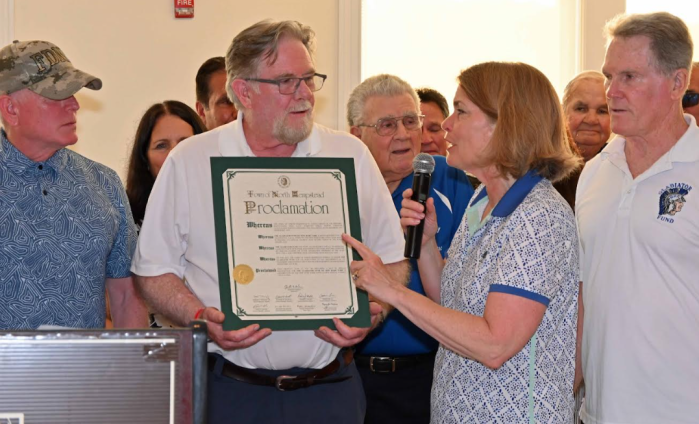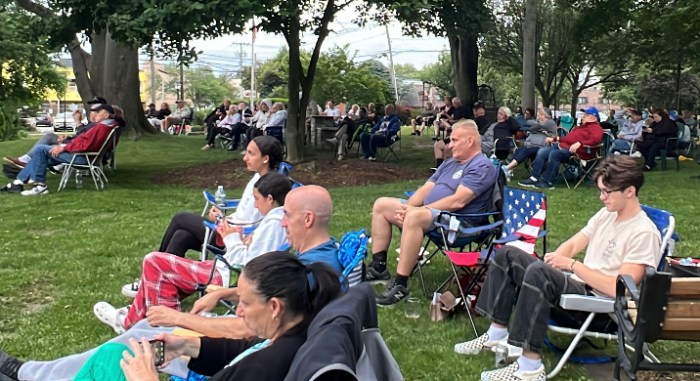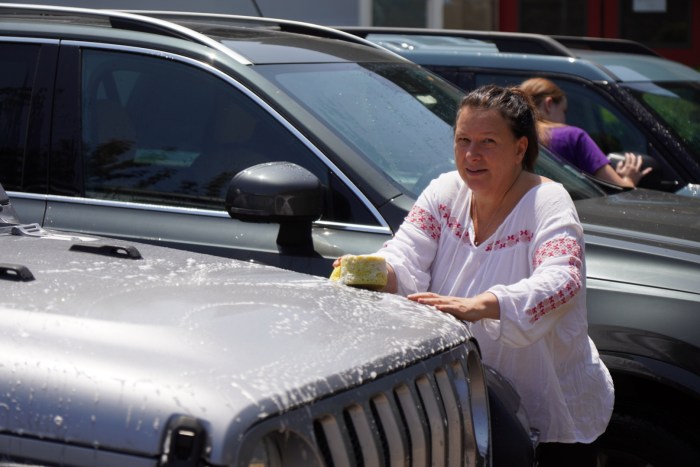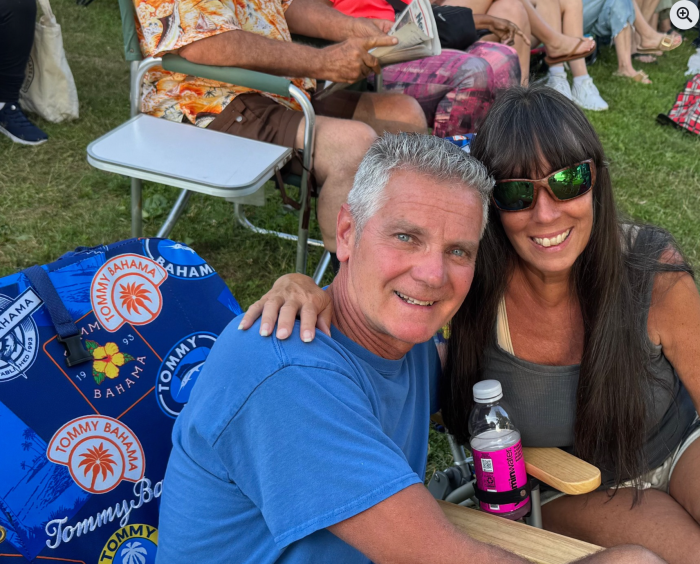 Seniors have increasing access to home-based care and support services that may help them continue to live at home, according to a new report benchmarking the health of seniors in America.
Seniors have increasing access to home-based care and support services that may help them continue to live at home, according to a new report benchmarking the health of seniors in America.
Data released by the United Health Foundation’s 2019 America’s Health Rankings Senior Report reveal there are 550,000 more home health care workers than last year—a 21 percent rate increase per 1,000 adults age 75 and older. Medicare decedents’ use of hospice care, which can be provided while living at home, has increased in all 50 states and 48 percent overall since 2013. Additionally, the Supplemental Nutrition Assistance Program (SNAP) now serves 5.4 million eligible seniors, a 13 percent increase since 2015.
“Home is where most seniors want to be, so it is great news that home-based services are being made even more available to help support better health,” said Dr. Rhonda Randall, executive vice president and chief medical officer of UnitedHealthcare National Markets, and an adviser to America’s Health Rankings. “This is an encouraging trend that may help seniors continue to live independently or remain in their homes longer.”
The senior population has grown 45 percent since 2000, with more than 50 million seniors (age 65 and older) living in the United States today.
This year’s Senior Report offers a comprehensive analysis of the health of seniors on a national and state-by-state basis across 34 core measures. It was developed in collaboration with an advisory group of public health leaders and in partnership this year with the Gerontological Advanced Practice Nurses Association (GAPNA), a national organization that represents and educates advanced practice nurses and advocates for evidence-based, quality care of older adults.
The Senior Report identifies many encouraging trends; however, other health concerns facing seniors are on the rise. Most notably, depression increased 19 percent in the past year, with significant increases in 11 states. Nearly 8 percent of seniors reported frequent mental distress, with female seniors reporting a higher prevalence of frequent mental distress (8.7 percent) compared with male seniors (6.8 percent).
“This data-driven report will have enormous impact on the care of older adults. It pinpoints challenges and critical issues advanced practice nurses see every day,” said GAPNA President Valerie Sabol. “Seniors struggle with medical, emotional and lifestyle issues that must be addressed immediately to promote healthy aging. This report provides the key information we need to be proactive. Advanced practice nurses are ready to ensure older adults have the right care, at the right time, in the right setting.”
State Rankings in 2019: Hawaii Ranks No. 1, Mississippi Ranks No. 50
The 2019 Senior Report ranks Hawaii as the healthiest state for seniors, followed by Utah (No. 2), Connecticut (No. 3), Minnesota (No. 4) and Colorado (No. 5). Mississippi fell from No. 49 in 2018 to become the state with the most challenges for seniors this year, followed by Kentucky (No. 49), Louisiana (No. 48), Oklahoma (No. 47) and West Virginia (No. 46).
Key 2019 Senior Report findings for New York include:
- A high home health care worker rate (second highest in the nation with 265 home health care workers per 1,000 adults aged 75+).
- In the past year, community support increased 10 percent from $901 to $994 per adult aged 60+ in poverty
- In the past three years, depression decreased 18 percent from 14.8 percent to 12.2 percent of adults aged 65+
- New York has a high percentage of adults 65+ living in poverty (ranked 43rd in the country)
- In the past three years, excessive drinking increased 17 percent from 6.9 percent to 8.1 percent of adults aged 65+
30 Years of America’s Health Rankings
The America’s Health Rankings Annual Report is the longest-running annual assessment of the nation’s health on a state-by-state basis. In its 30th year, the Annual Report analyzes a comprehensive set of behaviors, community and environmental conditions, policies, clinical care and outcomes data to provide a holistic view of the health of the nation.
Through collaboration with community partners, grants and outreach efforts, the United Health Foundation works to improve our health system, build a diverse and dynamic health workforce and enhance the well-being of local communities. We invite you to learn more at www.unitedhealthgroup.com/SocialResponsibility.
GAPNA is the premier professional organization that represents the interests of advanced practice nurses who care for older adults. To learn more, visit our website at www.GAPNA.org.
—Submitted by UnitedHealthcare


































